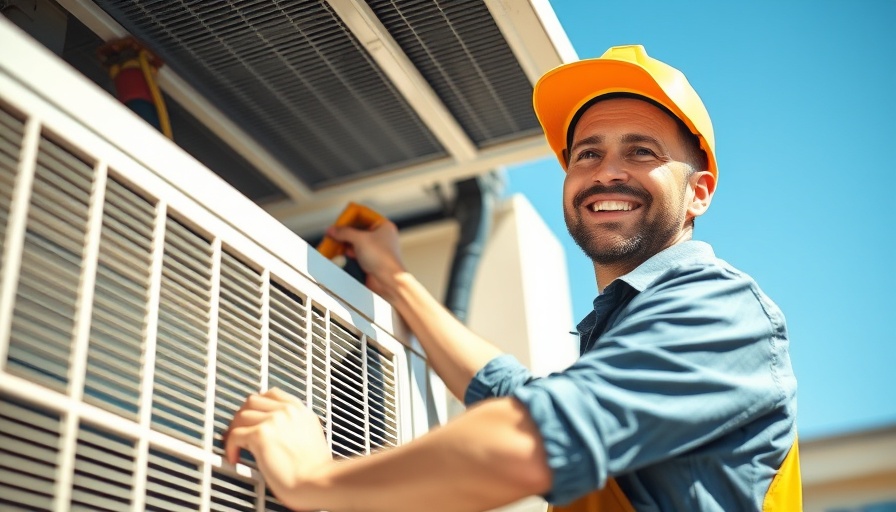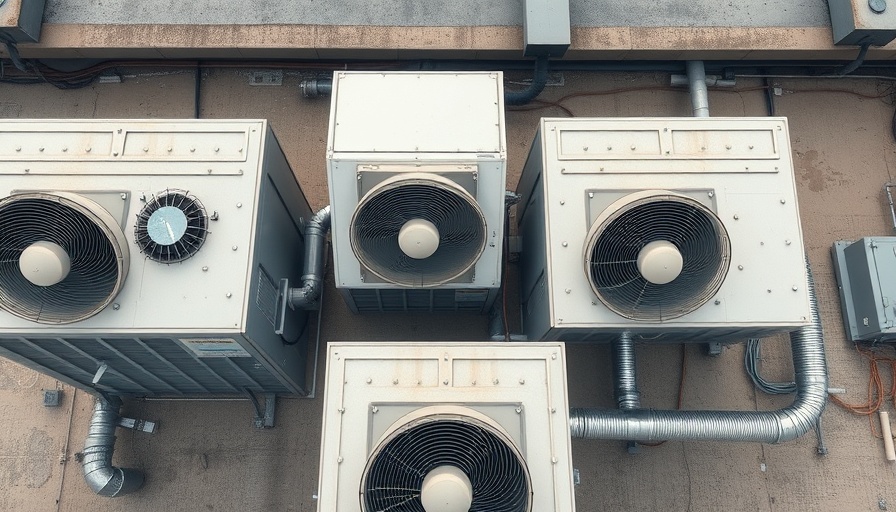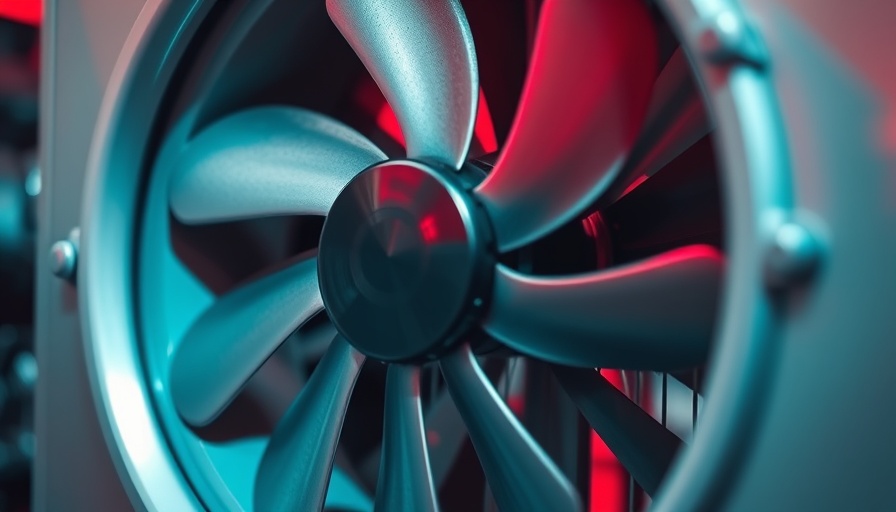
Vinyl vs. Aluminum Windows: Which is the Right Choice for You?
When considering a window replacement, homeowners often find themselves choosing between two popular materials: vinyl and aluminum. Both options come with their own set of advantages and disadvantages, but understanding these can significantly impact your remodeling decisions.
The Benefits of Vinyl Windows
Vinyl windows have earned their spot as a top choice for many homeowners due to their affordability and energy efficiency. Typically ranging from $600 to $1,100 per window installed, they offer a reasonably priced solution for full-home replacement projects. On average, replacing 10 to 15 windows can cost between $6,000 and $16,000. Beyond the budget considerations, vinyl windows are also virtually maintenance-free, meaning less hassle over time—just regular cleaning to keep them looking great.
Where Aluminum Windows Shine
While vinyl might be the go-to option, aluminum windows have their own strengths. With a price range of $800 to $1,400 installed, these windows might cost more upfront, but they are often recommended for homes in hurricane-prone areas. Their enhanced framing strength lends itself well to large, modern window designs that require durability. In such cases, investing in aluminum could be a wise choice.
Making the Right Decision for Your Home
Choosing between vinyl and aluminum windows ultimately comes down to your budget, climate, and personal aesthetic. If you prioritize energy efficiency and lower costs, vinyl is likely the way to go. However, if your home’s design necessitates a stronger frame or is located in a harsh weather environment, aluminum might be your best bet. As you consider your options, keep in mind the long-term performance and the unique needs of your space.
Tips for Finding the Best Installer
Regardless of which window type you choose, selecting the right installer is crucial. Look for contractors with good reviews and a strong community presence. Asking friends or neighbors for recommendations can lead you to trustworthy professionals that will help ensure quality installation.
Ultimately, understanding the differences between these two window types will empower you to make a choice that aligns with your home’s needs and your personal style. Ready to start your home improvement journey? Don’t hesitate to explore local options and compare quotes!
 Add Row
Add Row  Add
Add 




Write A Comment